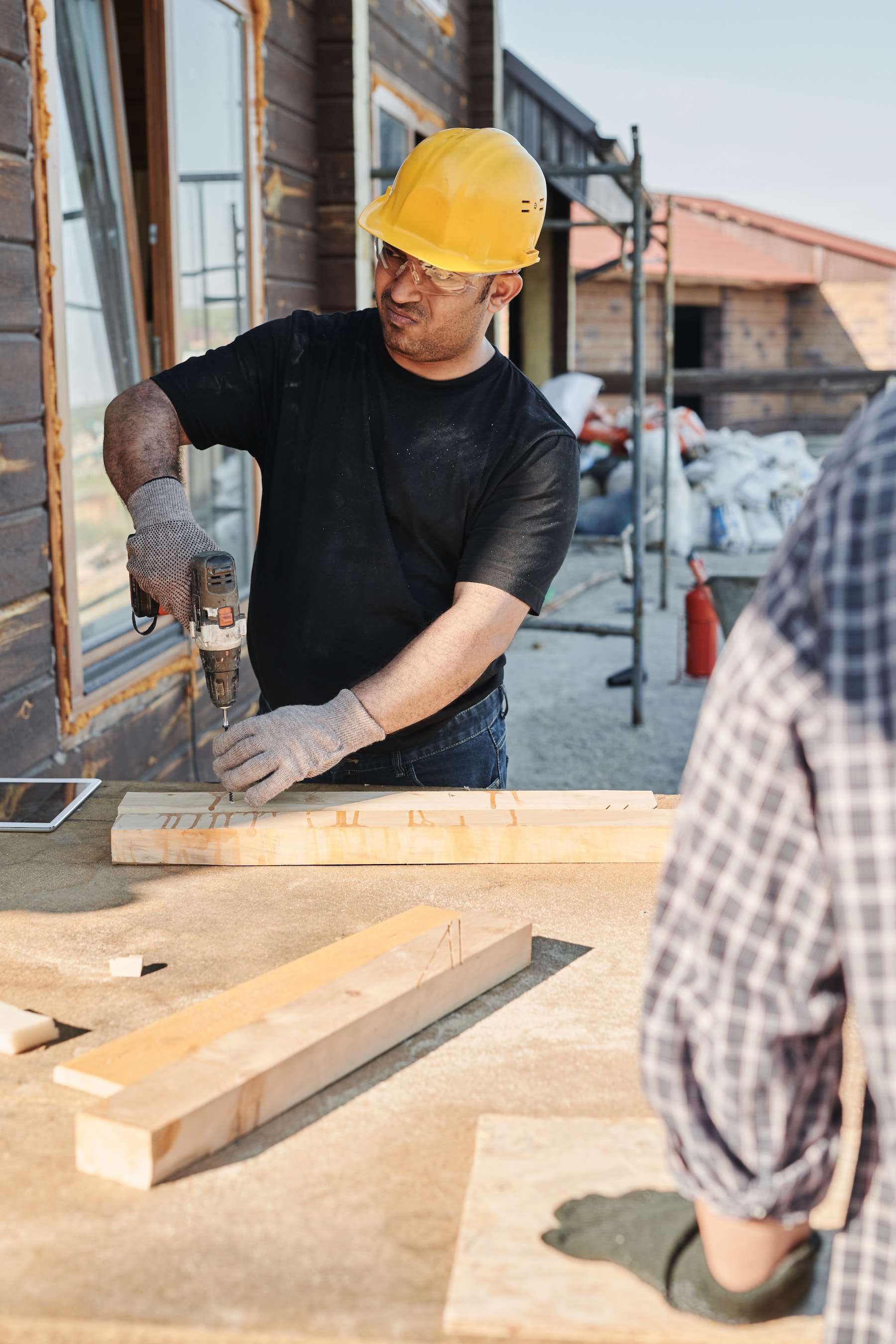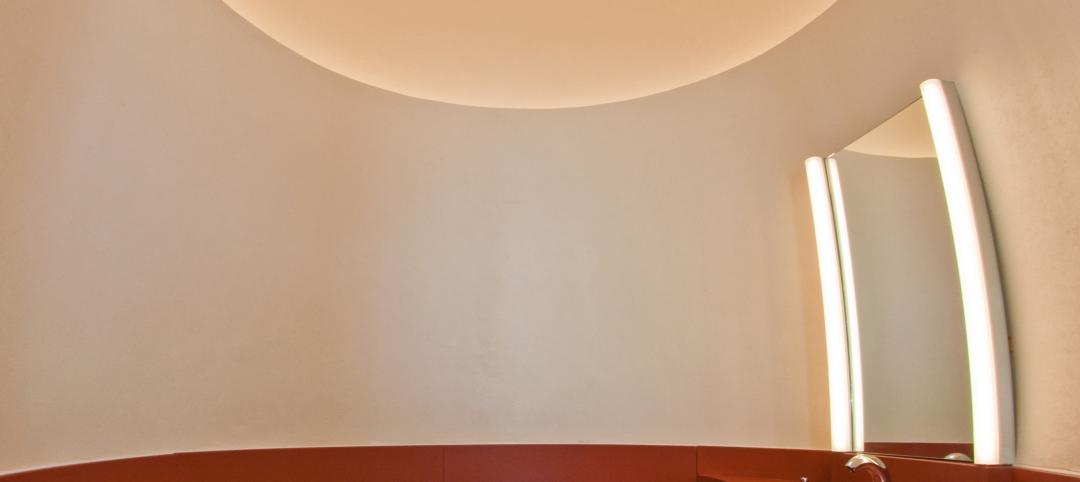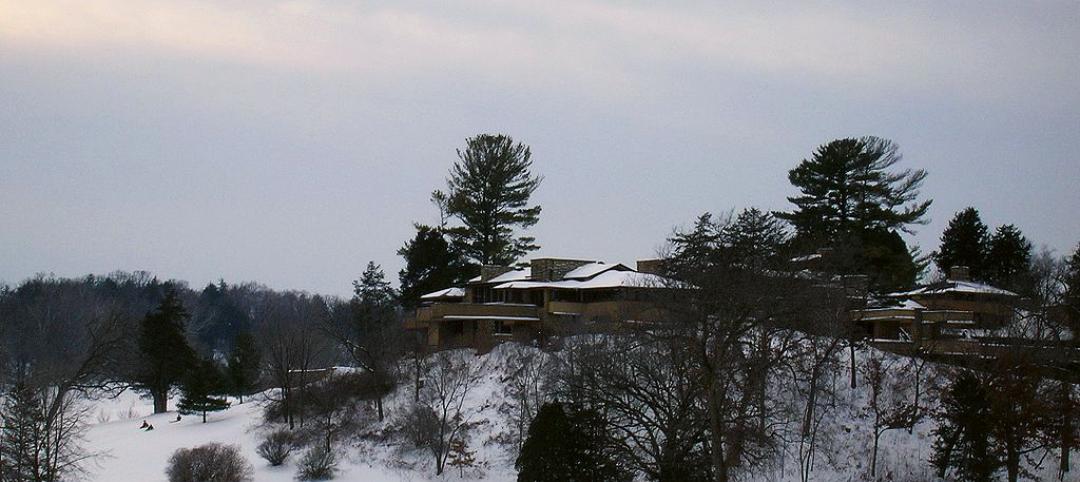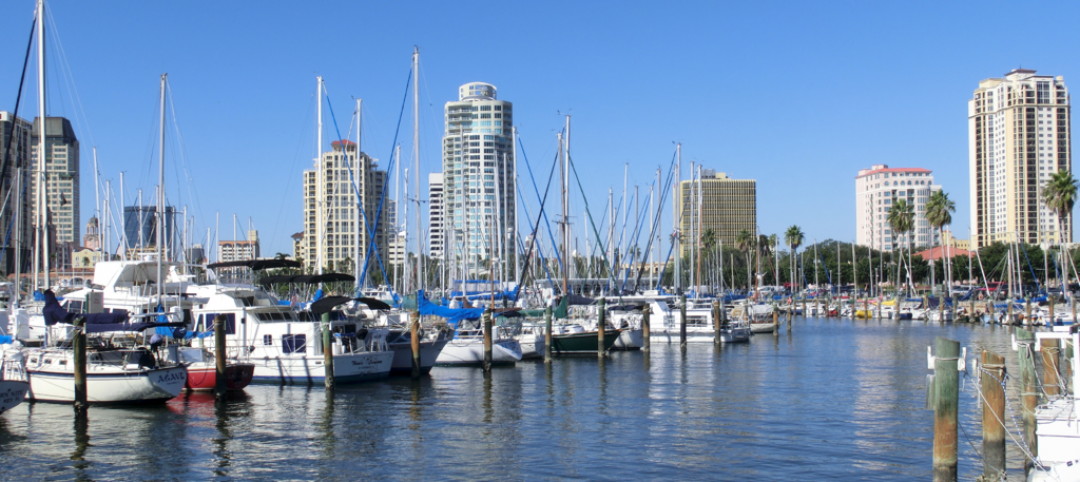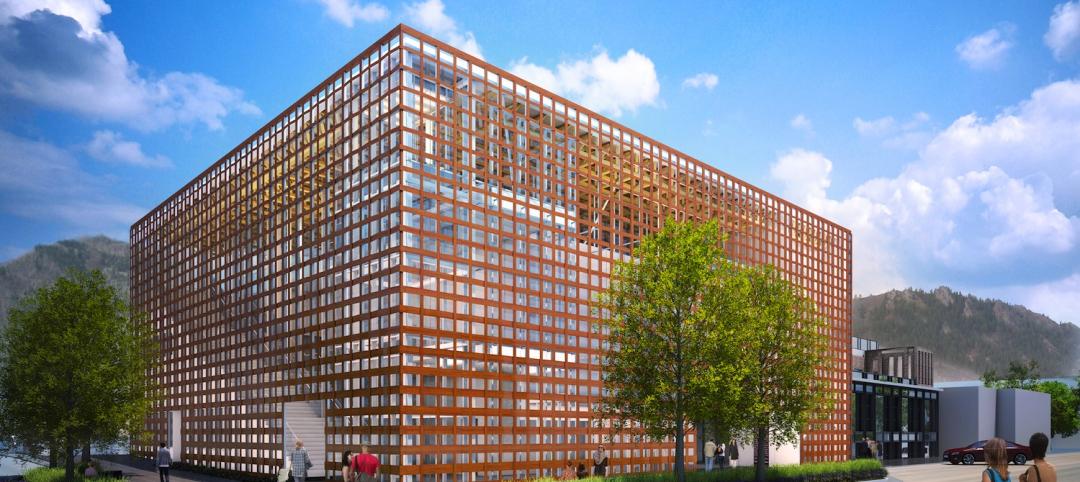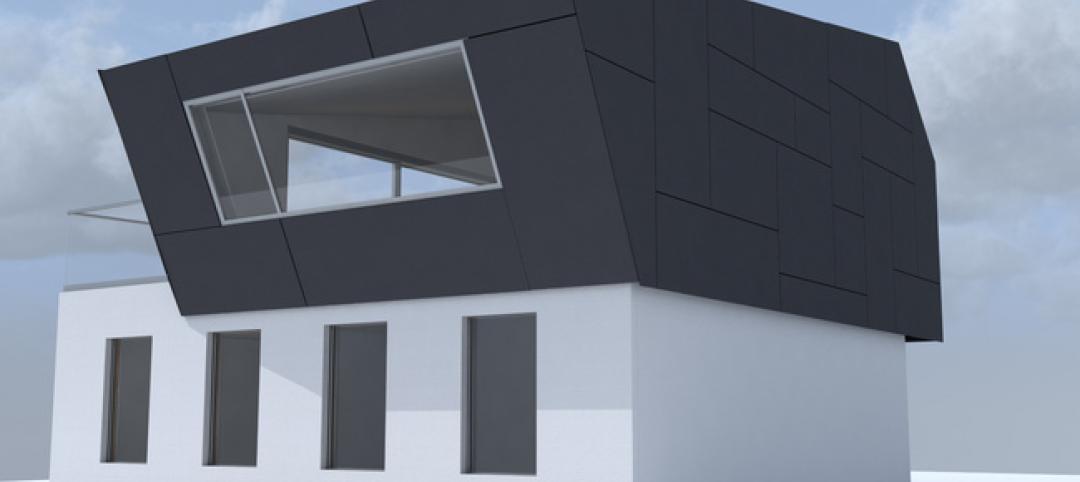The number of people living in cities could increase to 80% of the total population by 2100. That could require more new construction between now and 2050 than all the construction done since the start of the industrial revolution.
The influx of urban dwellers could be accommodated in mid-rise buildings from 4 to 12 stories tall made out of wood, according to lead author of a study by Potsdam Institute for Climate Impact Research. Wood is a renewable resource that usually carries the lowest carbon footprint of any comparable, first-time use building material, the study asserted.
Moreover, carbon stored in wood, absorbed from atmospheric CO2 via photosynthesis, makes the material a long-term carbon sink. To accommodate demand for urban housing, though, a lot of wood would be needed. Wooden cities of the future would require a 149-million hectare increase in tree plantations by 2100 and more harvesting from unprotected natural forests.
One problem, some environmentalists say, is that tree plantations have less biodiversity than natural forests. Some green advocates are also critical of harvesting more wood from diverse natural forests.
Natural, biodiverse forests are more resilient to drought, fires and disease, one environmental advocate noted, and pointed out that numerous tree plantations have burned this year as record temperatures and drought impacted many areas across the globe.
Related Stories
| Sep 11, 2014
Cintas invites public to vote for 'America's best restroom'
For the 13th consecutive year, Cintas Corporation is back with its popular America’s Best Restroom Contest. A team of survey editors once again scanned the country for the most creative and clean public restrooms and produced a crop of nominees sure to please.
| Aug 27, 2014
Frank Lloyd Wright’s Taliesin school of architecture faces accreditation loss
The Frank Lloyd School of Architecture may be stripped of its ability to confer Master of Architects students based on a revised by-law of the Higher Learning Commission.
| Aug 12, 2014
Design firms invited to submit qualifications for St. Petersburg, Fla., waterfront project
The city of St. Petersburg, Fla., invites firms to submit their ideas for a new and improved pier for Florida's fifth largest city.
| Aug 6, 2014
The Dead Prize: A new award to recognize poorly designed buildings
If the film industry has its Razzie awards, architecture will have its Dead Prize, created by Architecture for Humanity co-founder Cameron Sinclair to recognize projects that actively harm the planet.
| Aug 5, 2014
Shigeru Ban-designed Aspen Art Museum will open doors to public this week
After 18 month of planning and construction, the museum will open its new Shigeru Ban-designed facility to the public on August 9.
| Jul 30, 2014
German students design rooftop solar panels that double as housing
Students at the Frankfurt University of Applied Sciences designed a solar panel that can double as living space for the Solar Decathlon Europe.
| Jul 29, 2014
Studio Gang Architects, MAD to design George Lucas' museum in Chicago
Star Wars director George Lucas selected Chicago-based Studio Gang Architects and Beijing firm MAD to design his proposed art museum on Chicago’s lakefront.
| Jul 29, 2014
AECOM's buying spree continues: Deal to acquire Hunt Construction Group in the works
The acquisition comes just two weeks after AECOM's $6 billion deal to acquire rival engineering and construction company URS Corp.
| Jul 23, 2014
Meet Acquario Ceará: The giant crustacean-shaped aquarium that's causing concerns
A new aquarium on Brazil's northeastern coast is designed, engineered, constructed and financed by U.S. firms and institutions.
| Jul 17, 2014
A new, vibrant waterfront for the capital
Plans to improve Washington D.C.'s Potomac River waterfront by Maine Ave. have been discussed for years. Finally, The Wharf has started its first phase of construction.


